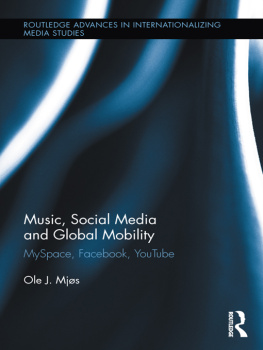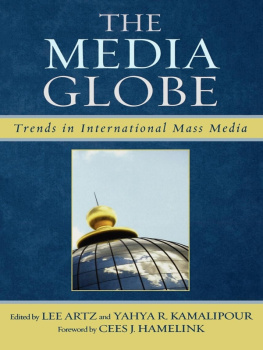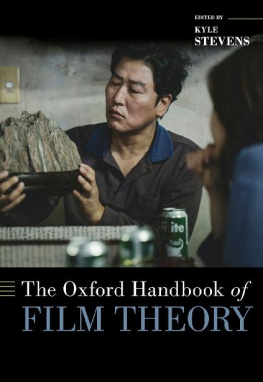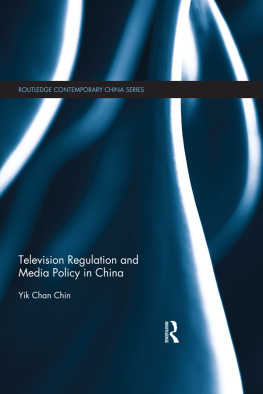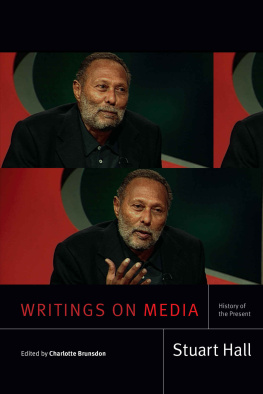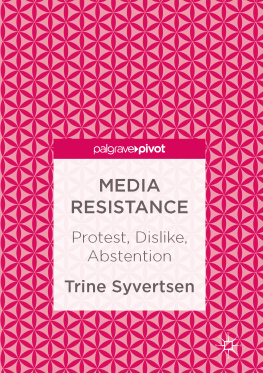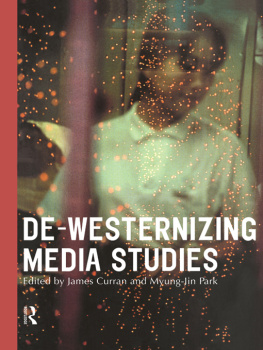Media Imperialism in India and Pakistan
Examining anew the notions of media imperialism and globalisation of media, this book disrupts the generalised consensus in media scholarship that globalisation of media has put an end to media imperialism. One elemental aspect of media imperialism is the structural dependency of television systems in the global South on the imperial North. Taking India and Pakistan as its case studies, this book views globalisation of media as the unleashing of processes that have translated into the liberalisation of air waves and privatisation of television systems whereby commercialisation of television is privileged over public interest television. Additionally, it argues that the globalisation of media has contributed to corruption, tabloidisation and marginalisation of subaltern classes in the Indian and Pakistani media.
Farooq Sulehria is a Senior Teaching Fellow in the Department of Development Studies and a Teaching Fellow in the Department of Politics and International Relations at the School of Oriental and African Studies (SOAS), London.
Routledge Advances in Internationalizing Media Studies
Edited by Daya Thussu
University of Westminster
For a full list of titles in this series, please visit www.routledge.com.
14 Media Across Borders
Localizing TV, Film and Video Games
Edited by Andrea Esser, Miguel . Bernal-Merino and Iain Robert Smith
15 Asian Perspectives on Digital Culture
Emerging Phenomena, Enduring Concepts
Edited by Sun Sun Lim and Cheryll Ruth R. Soriano
16 Digital Politics and Culture in Contemporary India
The Making of an Info-Nation
Biswarup Sen
17 European Media Policy for the Twenty-First Century
Assessing the Past, Setting Agendas for the Future
Edited by Seamus Simpson, Manuel Puppis and Hilde Van den Bulck
18 Everyday Media Culture in Africa
Audiences and Users
Edited by Wendy Willems and Winston Mano
19 Children and Media in India
Narratives of Class, Agency and Social Change
Shakuntala Banaji
20 Advancing Comparative Media and Communication Research
Edited by Joseph M. Chan and Francis L.F. Lee
21 Childcare Workers, Global Migration and Digital Media
Youna Kim
22 Media Imperialism in India and Pakistan
Farooq Sulehria
First published 2018
by Routledge
711 Third Avenue, New York, NY 10017
and by Routledge
2 Park Square, Milton Park, Abingdon, Oxon OX14 4RN
Routledge is an imprint of the Taylor & Francis Group, an informa business
2018 Taylor & Francis
The right of Farooq Sulehria to be identified as author of this work has been asserted by him in accordance with sections 77 and 78 of the Copyright, Designs and Patents Act 1988.
All rights reserved. No part of this book may be reprinted or reproduced or utilised in any form or by any electronic, mechanical, or other means, now known or hereafter invented, including photocopying and recording, or in any information storage or retrieval system, without permission in writing from the publishers.
Trademark notice: Product or corporate names may be trademarks or registered trademarks, and are used only for identification and explanation without intent to infringe.
Library of Congress Cataloging-in-Publication Data
CIP data has been applied for.
ISBN: 978-1-138-30329-4 (hbk)
ISBN: 978-0-203-73123-9 (ebk)
Typeset in Sabon
by codeMantra
Condensed and updated version of my PhD dissertation, this book is the product of a rewarding journey. Along the way, I have accrued debts of gratitude to several wonderful people. First of all, I am highly indebted to my supervisor Professor Gilbert Achcar. From the conception of the idea to the conclusion of this study he was always there like a patron saint, attentive and alert to every detail of my work. Prof Gilbert taught me rigour and criticality that will stay with me. I am equally thankful to Dr Subir Sinha, Dr Dina Mattar, Professor Daya Kishan Thussu and Professor Phil Hughes for their feedback.
I owe a special thanks to Felisa Salvago-Keys and Julia Michaelis of Routledge as the editor and the copy editor, respectively. They were not merely professional and co-operative but patient and kind as well.
This work would not have been possible without the kind help extended by countless friends and a number of institutions. The list is too long to cover. Many generous people often going out of their way to help me would like to remain anonymous.
Let me begin by thanking my friends in Delhi. Vidya Krishnan, Amit Julka, Durgadas Menon, Nirmal John, Janane Venkatraman, Preethi Ramamoorthy, Amit Ranjan, Komal Singh, Prakash Ray, Seema Mustafa, Sultan Shaheen, Amrita Lamba, Sagnik Dutta, Dr Biswajit Das, Vibodh Parthasarthy and Arshad Amanullah deserve special mention. Without them this research would have been poor and I as an individual, even poorer.
In Lahore, my work would not have been possible without the late Ehsan Akhtar Naz, Director of the Institute of Mass Communication, University of Punjab. Friend and former president of the Lahore Press Club, Moin Azhar facilitated my work and my stay in Lahore, like always. Maqbol Babri and Majbritt, Arneeb Faheem, Farooq Tariq, Iqbal Buzdar, Lala Niazi, Qalandar Bux Memon, Khalid Mehmoud, Niaz Khan, Khaliq Shah, Bushra Khaliq, Hafiz Zafar, Mehbob Hiraj, Emmanuel Sarfraz and Salma Umber assisted me in my work in countless ways.
In Islamabad, Asmatullah Niazi was instrumental in many ways. Amir Jahangir and his team at Mishal, Aoun Sahi, Colonel Farooq Feroz, Masood Kashmiri, Tariq Iqbal, Waseem Altaf, Shakil Chaudhary and Nasir Zaidi also deserve a special mention.
In Karachi, Beena Sarwar, Zainul-Abedin, Afia Sheharbano Zia, Nadeem Farooq Paracha, Badar Alam, Ayesha Akif, Musadiq Sanwal (who breathed his last in 2014) and Marylou Andrew supported me in every possible way.
In Peshawar, Dr Faizullah Jan, Dr Altaf Ullah Khan, Shafiq Ahmed and Safiullah helped in a number of ways.
I am also grateful to my extended family in Pakistan. I offer special thanks to Sabur and Azra as well as Qaiser and Ghazala. My partner Sahar Saba deserves special gratitude. For four years while I was working on this study, she patiently took care of our pushy daughter Bella (who turned eight when I finished this book). Bella herself deserves bundles of thanks. Despite her age, she understood that my work was important.
I want to give a big thank you to my friends in Stockholm. Ajmal and Moazma, Kamil and Musarat, Umer and Nasrin, Salim and Fahida were always there to babysit Bella. Likewise, Talat Butt, Farhan Sarwar, Noreen Ara, Sholeh Irani, Linn Hjort and Marco Espval were kind enough to offer support in a multitude of ways.
In London, I would not have been able to complete my work without the generous help and support given by Maryam Ghasemi, Asim Shah, Malika Kazmi and Terry Conway. A very special note of thanks is owed to Toni Usman, Toqeer Ahmed, Adnan Farooq, Faheem Yusuf and Riazul Hasan. These wonderful friends have been supportive in their own ways.


